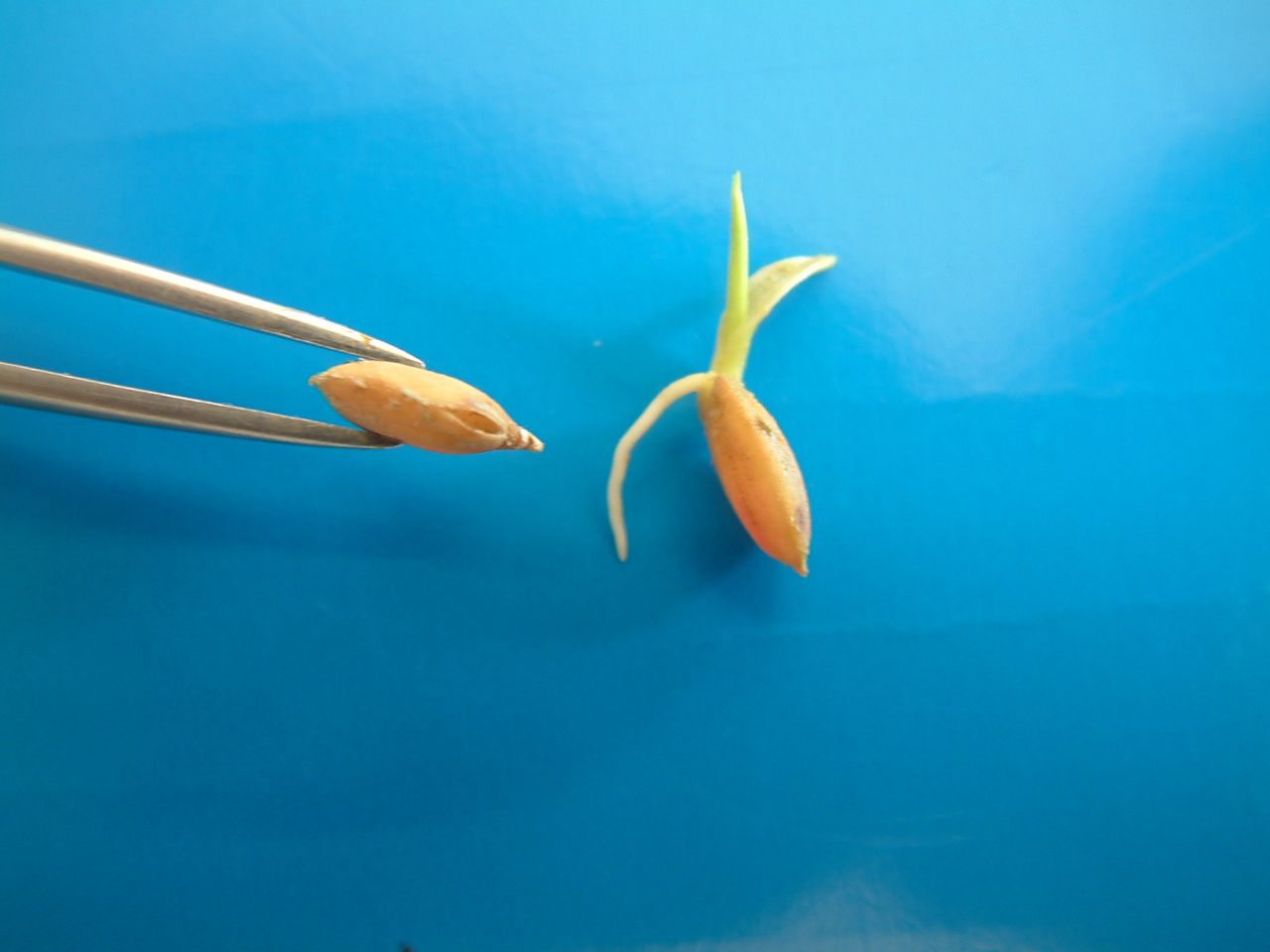Sustainable and environmental friendly rice cultivation systems in Europe

The rice crop in Europe is cultivated in 467 000 ha and it is grown under permanently flooded conditions. Under existing production practices rice is a high-water consuming crop which may be threatened by projections of water scarcity driven by climate change. In addition, a permanent flooded condition induces emission of greenhouse gases (GHG). Therefore, mitigating the impact of the rice crop on the environment is a challenge that GreenRice project will meet for the next three years.
GreenRice is a European project funded by the FACCE-ERA-NET+ call on Climate Smart Agriculture conducted by researchers from 7 researcher centres from France, Spain, Italy and the United Kingdom. The aim is to assess the efficiency of a Alternate Wetting and Drying rice production system (AWDS) consisting in flooding the fields with a water layer 2-5 cm deep and then leaving the water level to drop below the soil surface before the fields are reflooded again. It is estimated that, if done properly, this system may reduce water input by 15-30% and GHG emission by up to 48% without yield penalty.
The objective of GreenRice is to test AWDS in three European representative rice growing regions of Italy, Spain and France. The implications of shifting from a permanent flooding to an AWD system on rice environment and productivity will be assessed through monitoring of water consumption, soil salinity, plant x soil x microbial community interactions, GHG emission, soil chemistry. In addition, rice cultivars varieties that maintain their productivity under AWDS as well as the traits that make cultivars adapted to AWDS will be identified.
The results obtained will be disseminated to local stakeholders (farmers and natural parks and spaces, mainly) to inform them of the possibilities offered by this alternative to the present rice systems.








